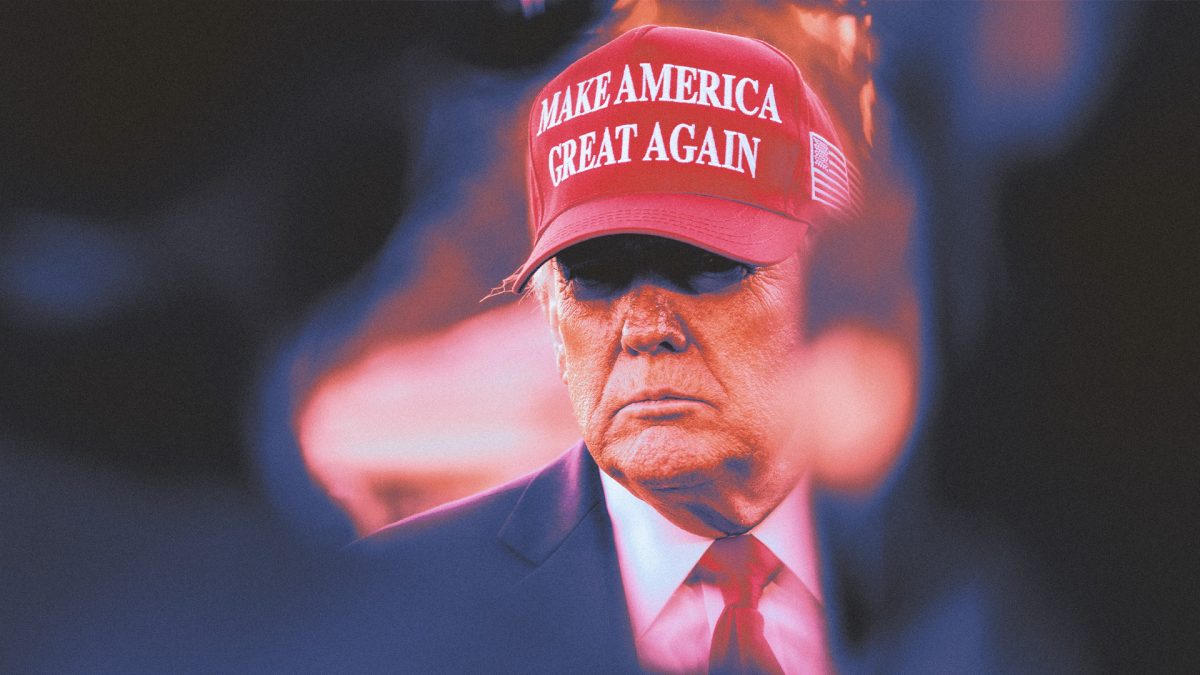President Donald Trump pardoned CZ, marking another act of clemency for a prominent figure in the cryptocurrency industry, signaling a worrying trend.
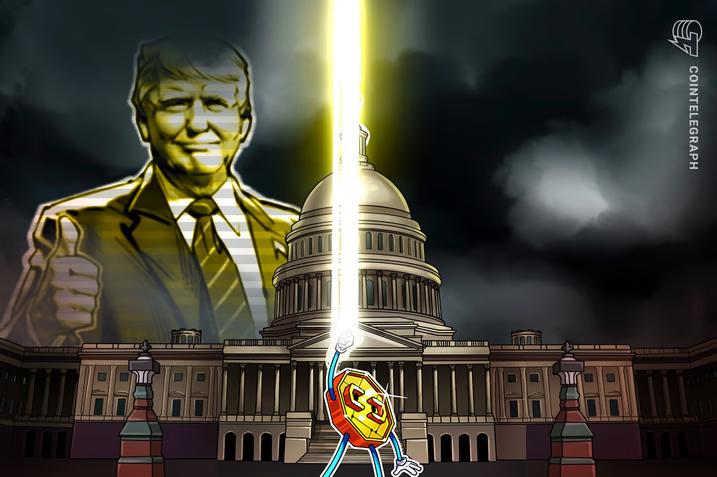
U.S. President Donald Trump pardoned Changpeng Zhao, also known as CZ, on October 21. The former Binance CEO is just the latest in a growing list of convicted cryptocurrency executives pardoned by the White House.
Even during the campaign, Trump promised to change cryptocurrency policy and grant amnesty to individuals like Silk Road founder Ross Ulbricht. The president has cited lawsuits from the Biden administration as a key motivator.
Starting with Ulbricht in January, the list has expanded to include four executives from the BitMEX exchange. This has encouraged several prominent crypto figures in prison, such as former FTX CEO Sam Bankman-Fried, to speak out to the Trump administration.
As the number of pardons, especially those for serious crimes, has increased under Trump, observers and ethics watchdogs have raised concerns about corruption.
Ken Kurson, Ripple board member, co-founder of Modern Consensus
Pardoned January 20, 2021
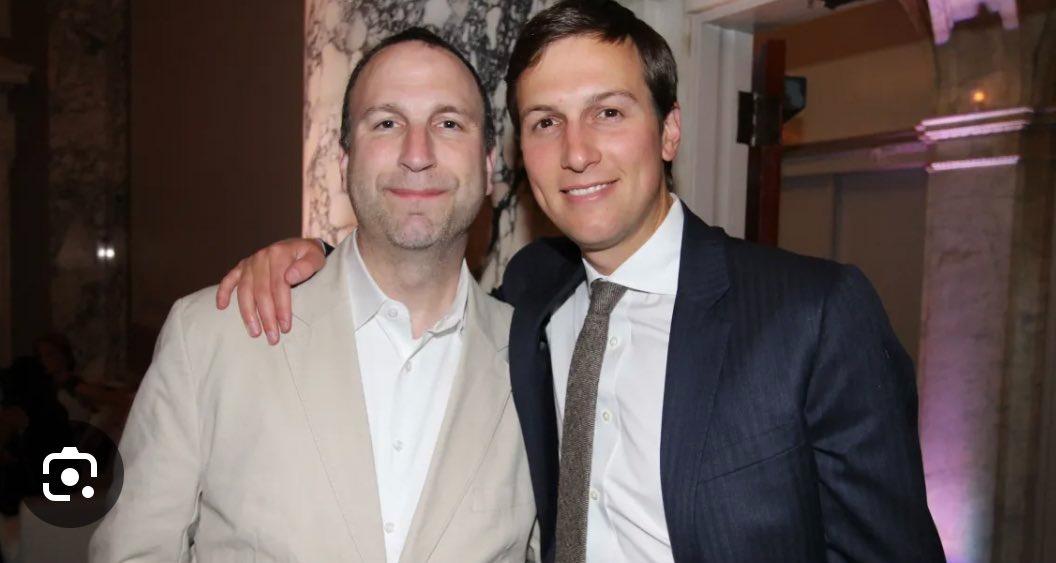
On the morning of the last day of Trump's first term, he pardoned a Ripple board member and co-founder of crypto media firm Modern Consensus. Ken Kurson, a friend of Trump's son-in-law Jared Kushner, was convicted of cyberstalking his ex-wife.
In 2016, Kurson joined the board of Ripple, the financial technology company associated with XRP. He served on the board until 2020, when harassment allegations were brought against him.
According to the White House pardon message, “Mr. Kurson’s ex-wife wrote on his behalf that she never wanted this investigation or arrest and ‘repeatedly asked the FBI to drop it.’” Trump said the only reason he was prosecuted was “because Mr. Kurson was nominated to a position in the Trump Administration.”
Kurson was under XEM for a position on the board of the National Endowment for the Humanities. He was removed from XEM in 2018 after the Federal Bureau of Investigation uncovered allegations of stalking and harassment.
Journalist Deobrah Copaken claims Kurson rejected her after she resisted his sexual advances. After being pardoned, she said: “I was scared to look back every day.”
Ross Ulbricht, founder of the Silk Road drug marketplace
Pardoned January 21, 2025

On his second day in office, Trump pardoned Ross Ulbricht, founder of the online drug marketplace Silk Road.
Ulbricht was serving 11 years to life in prison without parole for running a website that accepted cryptocurrencies like Bitcoin ( BTC price $106,878 as of BingX ) as payment. He was sentenced under the “drug lord provision” for high-level drug crimes.
Activists from a variety of backgrounds lobbied for his pardon. Criminal reform groups believed the drug lord’s sentence was harsher than necessary. Libertarian groups believed that drug trafficking, while illegal, was not a moral offense as long as adults were willing to buy and sell them. Some in the cryptocurrency space considered him a pioneer in the field of cryptocurrency payments, even though they were used to buy illegal drugs online.
“The scum trying to convict him are the same crazy people who participated in weaponizing the government against me in modern times,” Trump wrote on Truth Social.
Since his release from prison, supporters have donated tens of thousands of dollars (some in cryptocurrency) to help Ulbricht regain his footing on the outside.
BitMEX executives
Pardoned March 27, 2025

In March, Trump pardoned four executives of the cryptocurrency exchange BitMEX : Arthur Hayes, Benjamin Delo, Gregory Dwyer, and Samuel Reed. They were all serving various sentences for violating the Bank Secrecy Act.
Hayes and Delo pleaded guilty in February 2022, claiming they willfully failed to “establish, implement, and maintain an Anti-Money Laundering program” at the exchange. Reed pleaded guilty a few weeks later, followed by Dwyer in August.
Delo was sentenced to 30 months in prison, while Dwyer Reed and Hayes received probation and fines. The exchange itself was also fined $100 million.
Unlike other high-profile pardons like Ulbricht or Kurson, the White House did not issue a statement explaining why. BitMEX did not comment either. Hayes only wrote a simple “Thank you” public post on X.
Changpeng Zhao, co-founder of Binance
Pardoned October 23, 2025
Changpeng Zhao, also known as “CZ” in the cryptocurrency industry, was pardoned by Trump on October 21. Zhao was pardoned for failing to maintain an effective anti-money laundering program at Binance, the cryptocurrency exchange he helped found.
Zhao was sentenced to four months in prison in April 2024 and has served his time. Binance also pleaded guilty to violating U.S. money laundering laws after investigators found the exchange helped users evade sanctions. The exchange was fined $4.3 billion.
White House Press Secretary Karoline Leavitt said the charges were part of the “war on crypto” under the administration of former President JOE Biden. “The president wanted to address this abuse of power by the Biden administration and he exercised his constitutional authority to do so.”
On X, Zhao wrote that he was “extremely grateful” for the pardon.
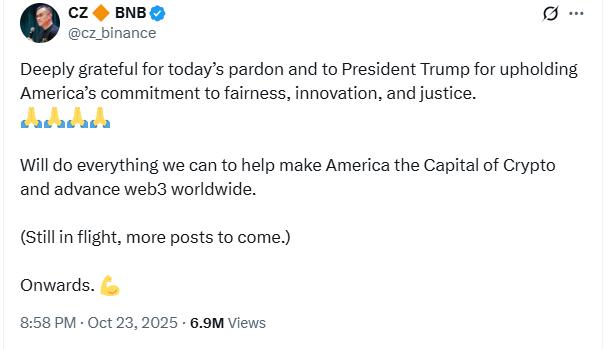
Concerns about Trump's pardons
While the Trump administration has pardoned fewer individuals than, say, former President Barack Obama, the nature of the pardons is different. In Obama's case, many of the more than 1,300 pardons were for low-level drug offenses and were issued as part of a broader effort to reform criminal justice.
Trump has pardoned many high-profile individuals, including political and financial allies. He granted a blanket pardon to protesters involved in the January 6 occupation of the Capitol in Washington, DC.
The issue is even more serious in Zhao's pardon case. Binance, which is said to still be majority-owned by Zhao, is said to be a significant investor in Trump's cryptocurrency project World Liberty Financial. According to the New Yorker, the exchange has lobbied lawyers close to Trump for a pardon. Palantir co-founder JOE Lonsdale said:
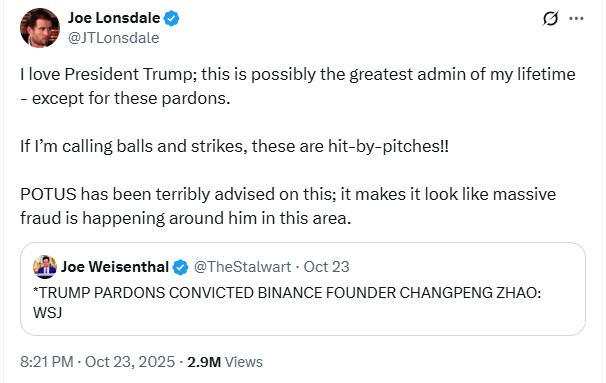
“Corruption scandals often involve campaign money from politicians, from both parties… This is the first time a case has involved the president’s personal businesses and personal money,” said University of Minnesota law professor Richard Painter, who served as George W. Bush’s chief ethics lawyer.
Not all crypto crimes go unpunished. Celsius CEO Alex Mashinsky was sentenced to 12 years in prison for fraud related to the collapse of his investment platform. Jay Clayton, the Trump-nominated U.S. Attorney who led the prosecution, said the proposed 20-year sentence is “a serious warning to other entrepreneurs, executives, and promoters in the cryptocurrency industry and in any future industry yet to be conceived: that fraud will be severely punished, regardless of the technology or industry in which it occurs.”
Crypto CEOs Behind Bars Make Appeal to Trump
Other cryptocurrency executives accused or convicted of wrongdoing have publicly pleaded for pardons from Trump.
Bankman-Fried, who is currently serving a 25-year prison sentence for fraud and conspiracy related to the collapse of his FTX cryptocurrency exchange, is reportedly seeking parole.
In an interview in February, he said he had been treated unfairly by Judge Lewis Kaplan, who also oversaw a defamation case against Trump. “I know President Trump was very disappointed with Judge Kaplan. I certainly was,” he said.
His parents are also said to have met with members of the Trump administration to present their son's case.
Bitcoin pioneer Roger Ver has taken a similar stance. After being charged with tax evasion and placed under house arrest in Spain pending extradition to the United States, Ver has claimed to be the victim of a legal battle. He also released a “docu-video” comparing his situation to efforts to hold Trump legally responsible for the January 6 riots.
In the end, Ver did not need the pardon. He appealed the extradition order and eventually agreed to pay $50 million in back taxes to the United States after admitting wrongdoing.
Anatoly Legkodymov, co-founder of Bitzlato, also made the request. He pleaded guilty and was sentenced to prison on July 18, 2024, for processing $700 million from the Russian Dark Web . He served 18 months.
“Anatoly … has become a target in a political campaign against the cryptocurrency market and talented Russian programmers,” said Ivan Melnikov, vice president of the Russian branch of the International Human Rights Commission.
Ethical concerns have not deterred Trump’s other initiatives. As cryptocurrencies continue to take center stage in American politics, it’s only natural that more high-profile pardons will follow.
Source: Cointelegraph







